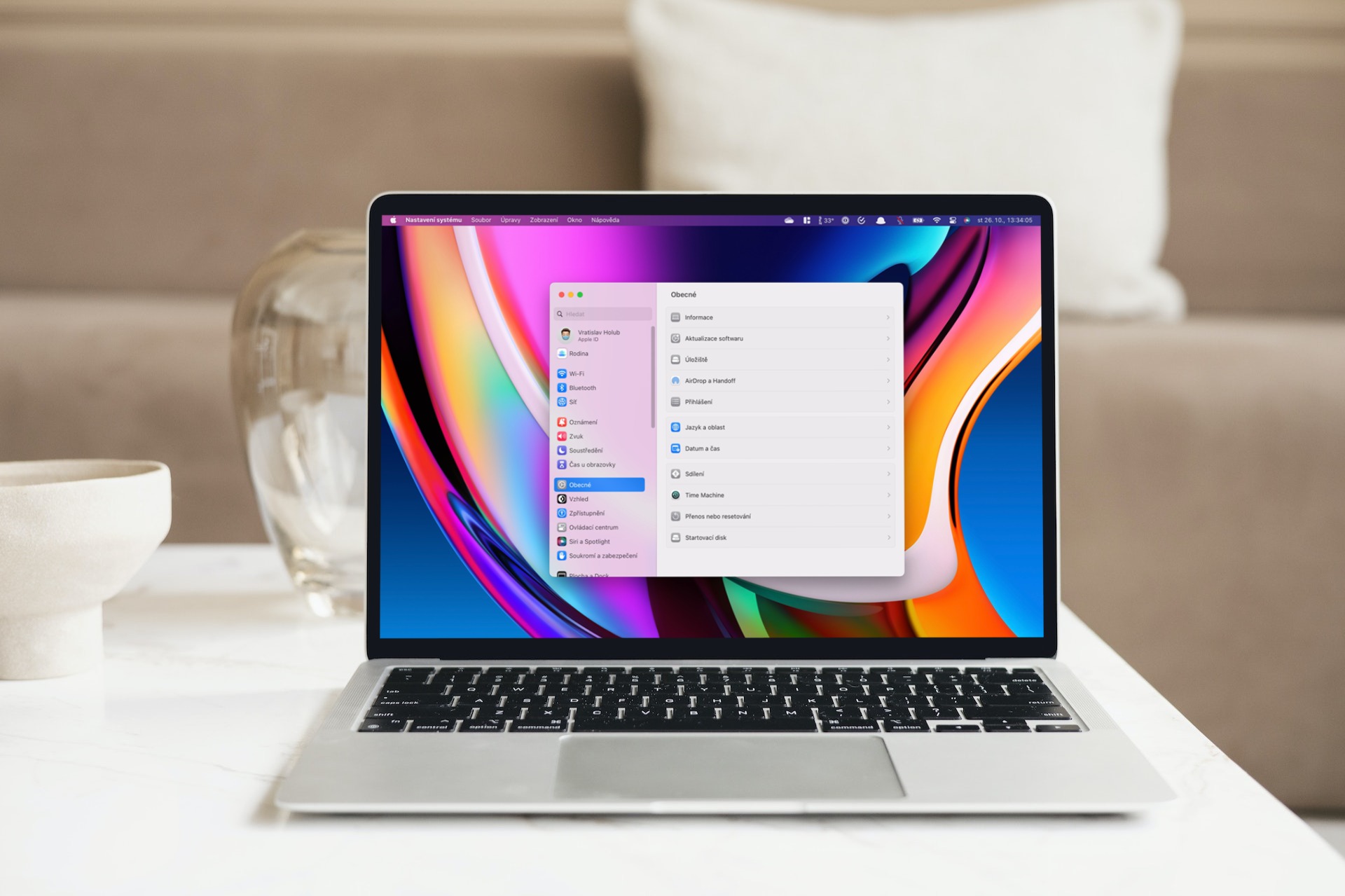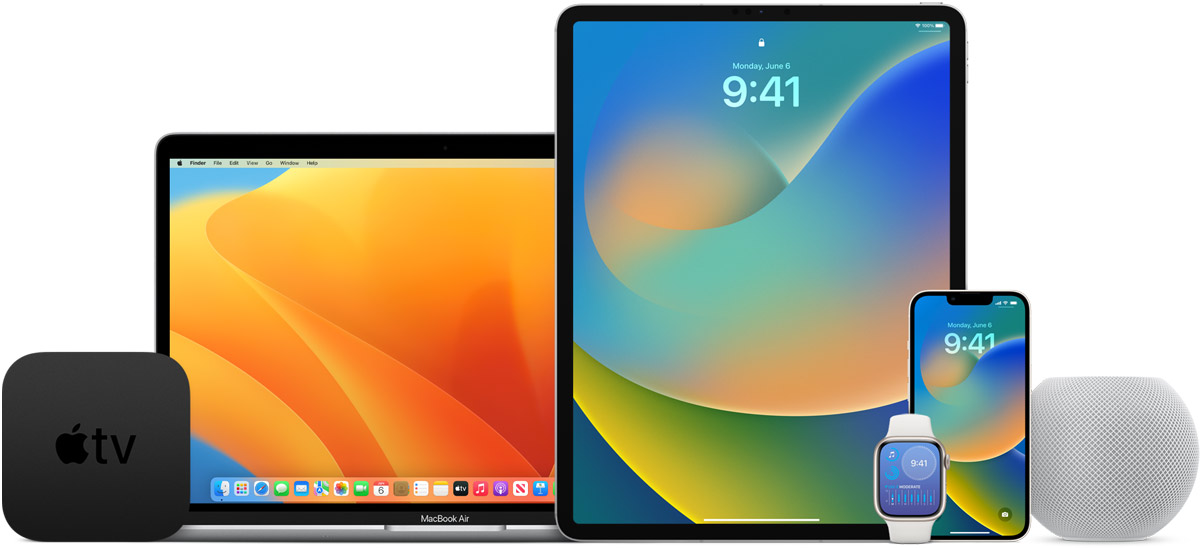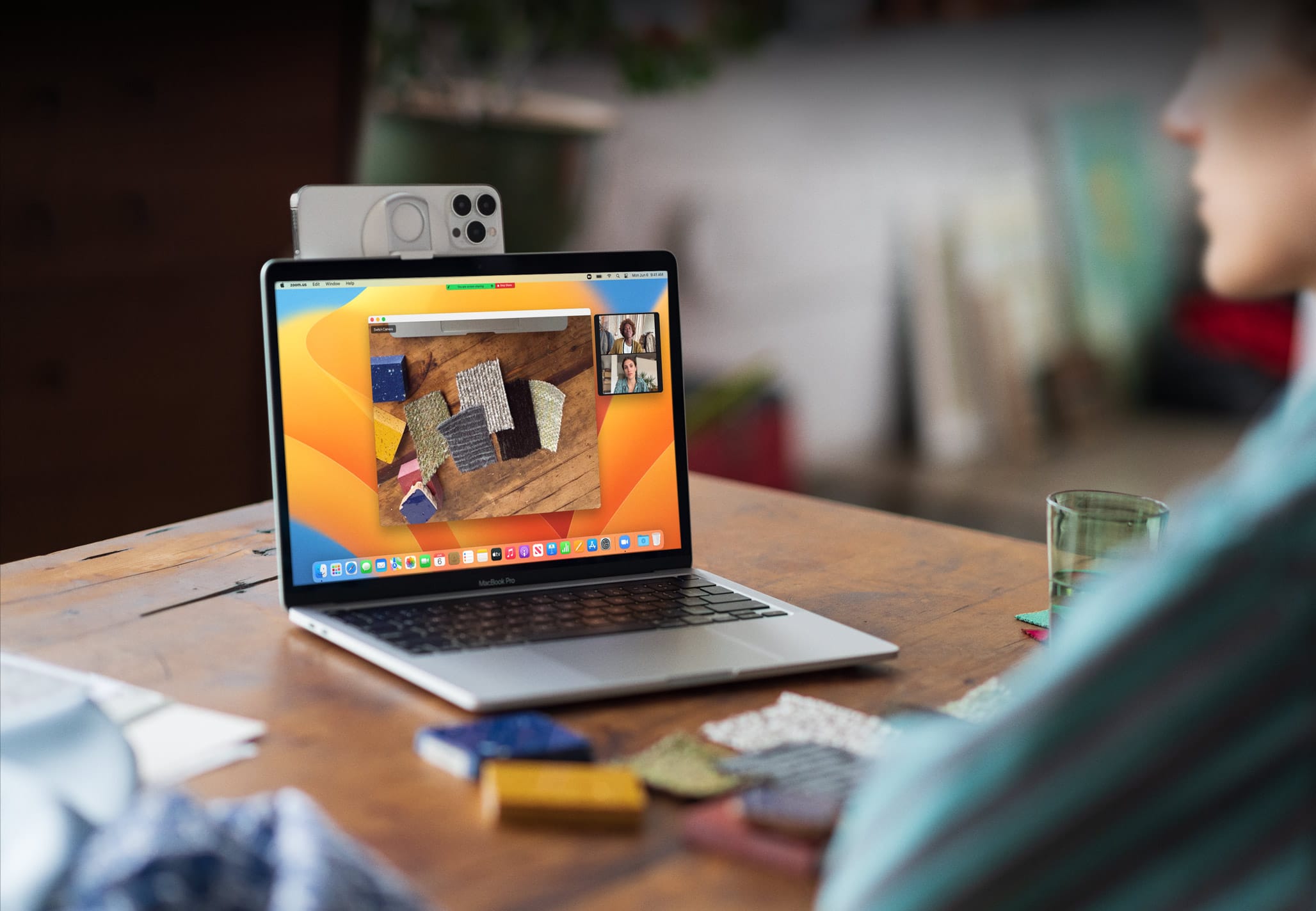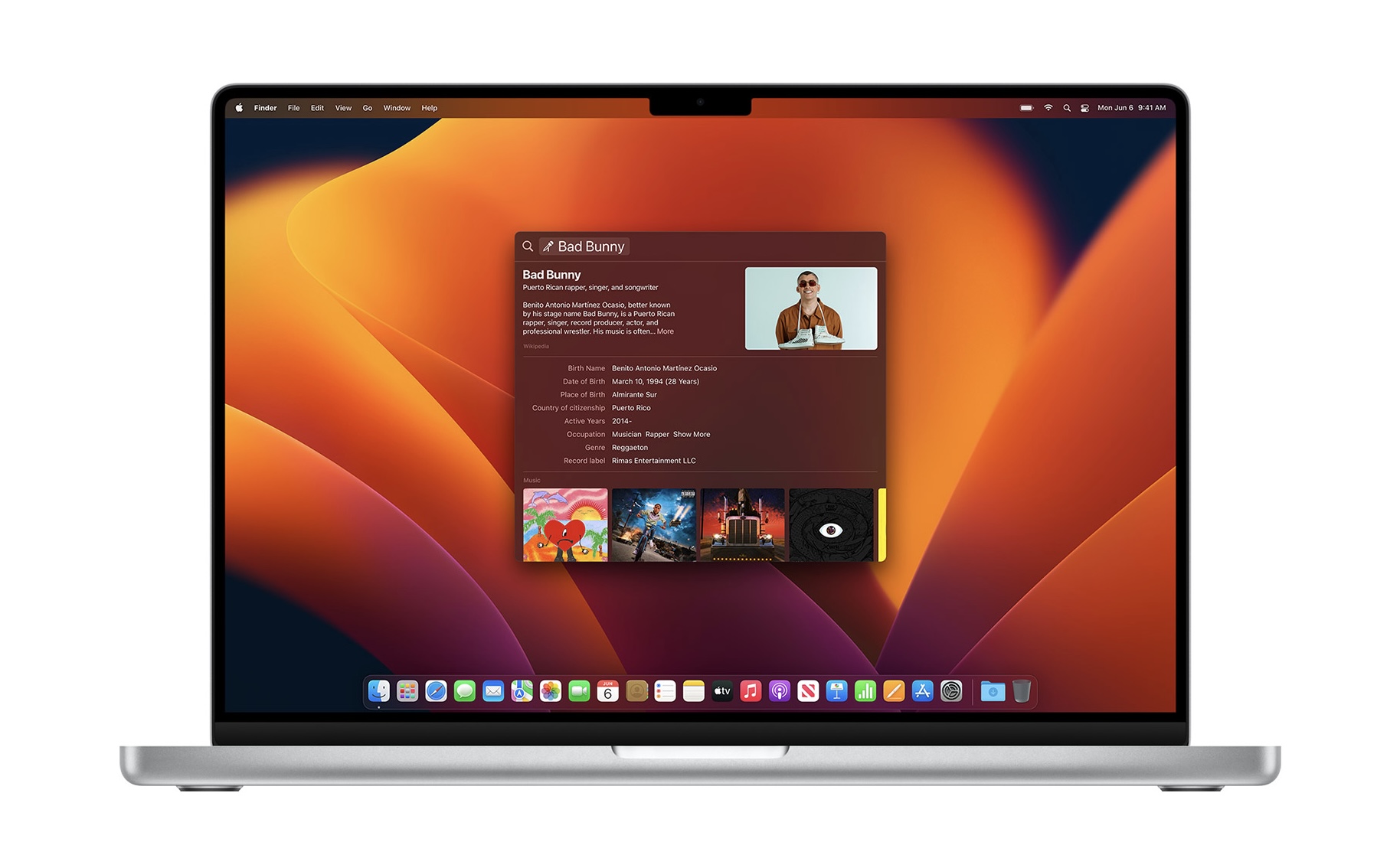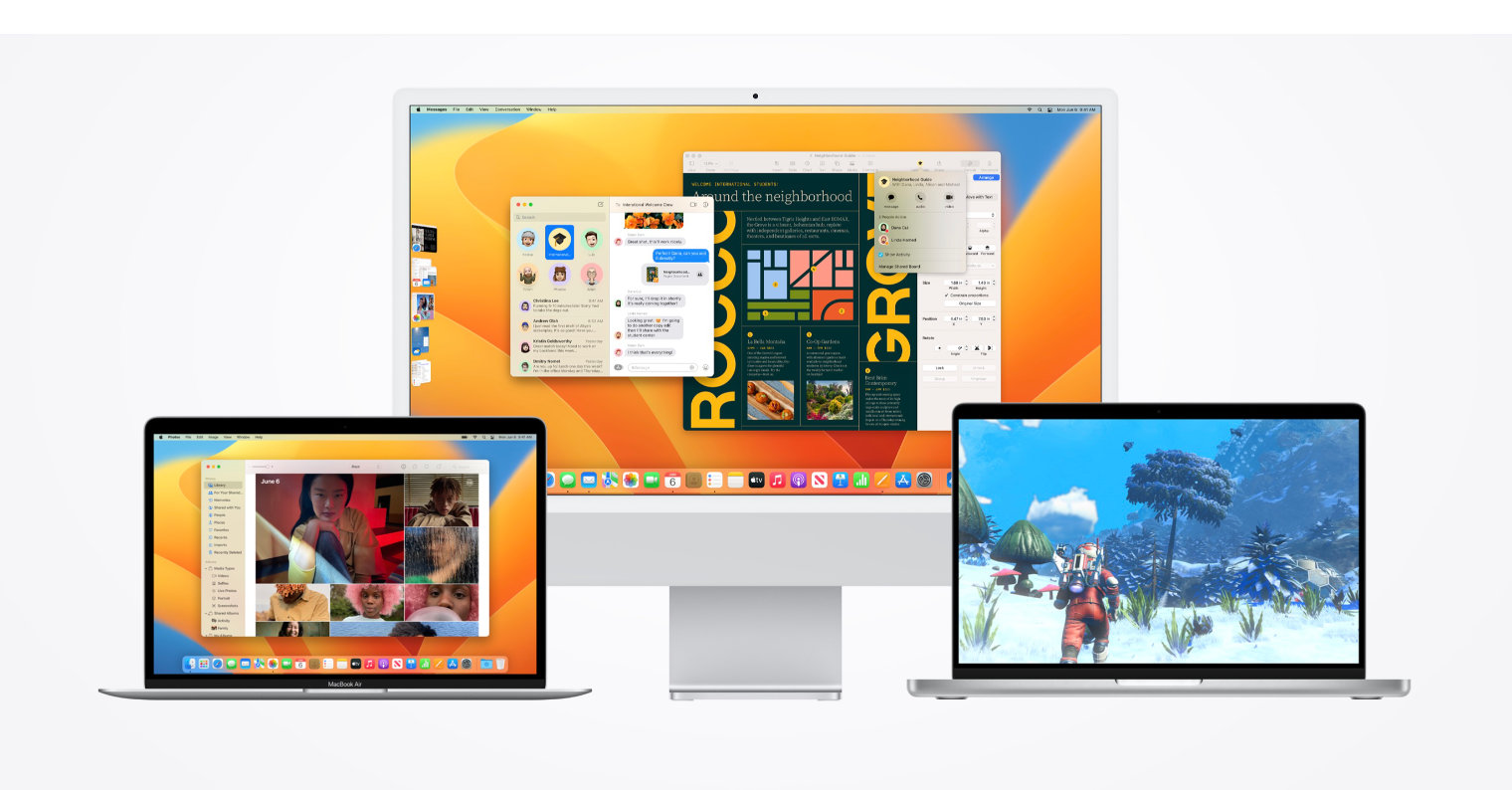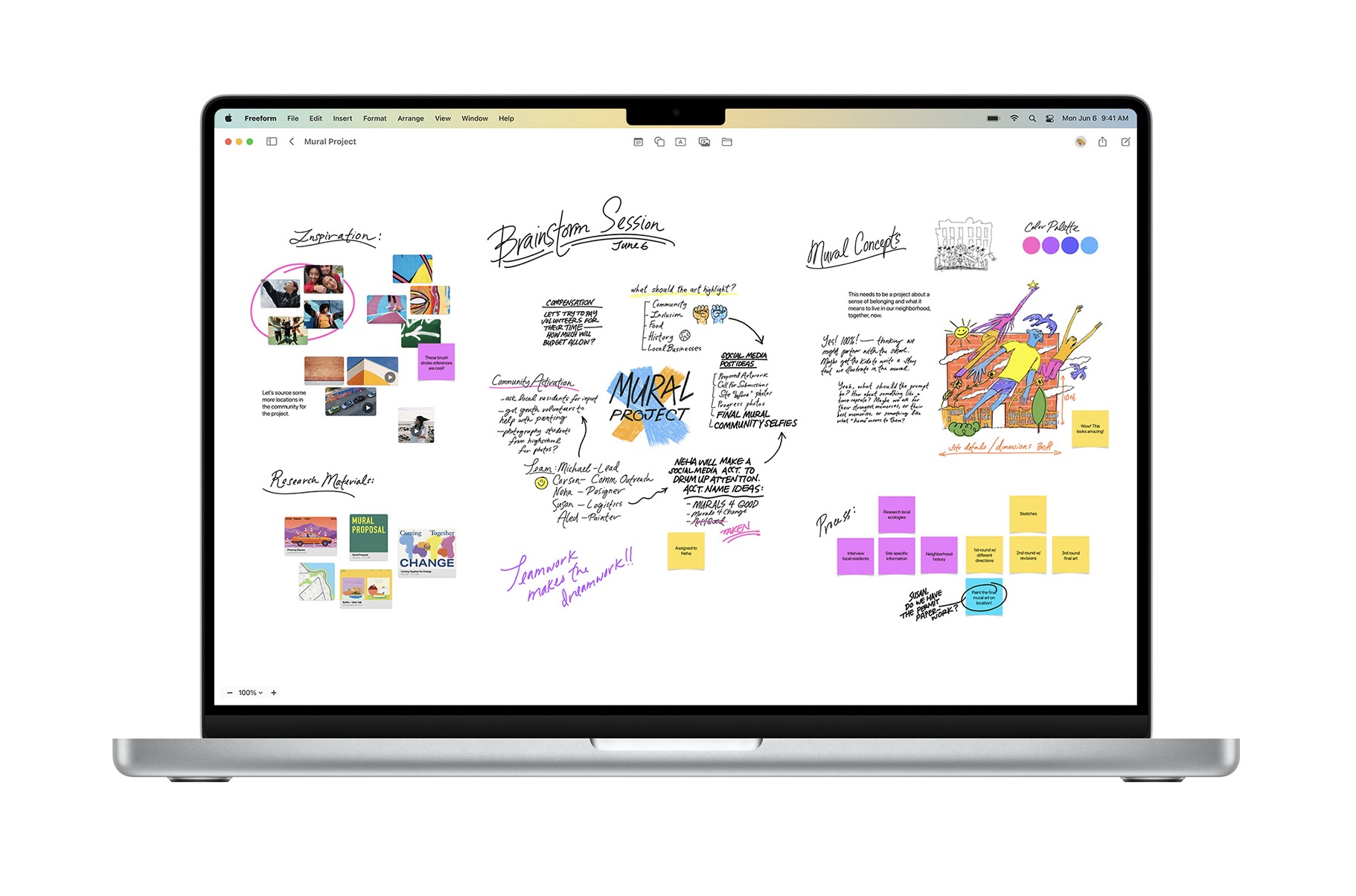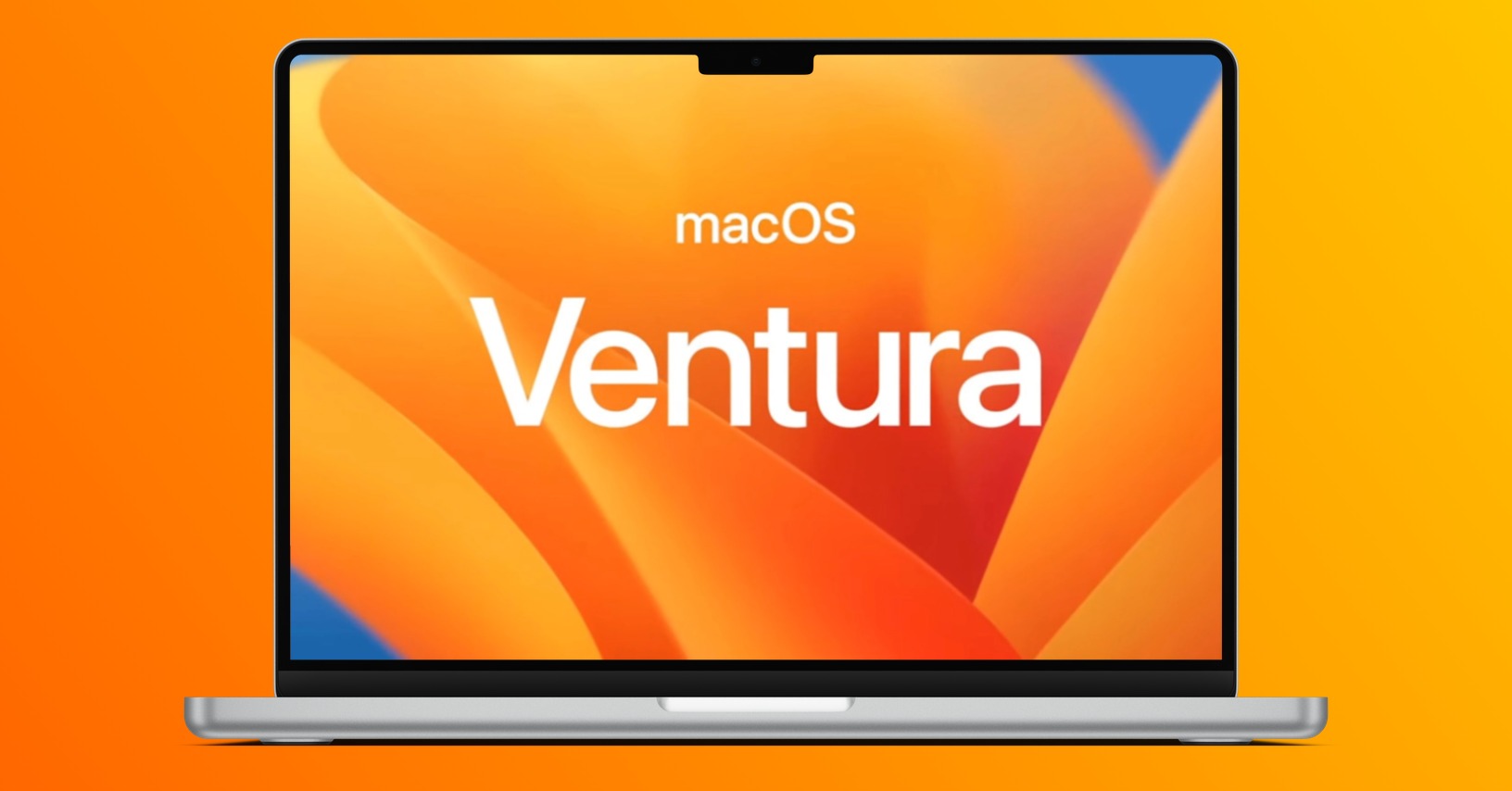With the end of the week, we bring you another summary of events related to Apple on the Jablíčkára website. At the very beginning of the week, we saw the release of macOS Ventura, which of course also gets its place in this summary. We will also talk about the approaching end of Lightning ports or the deterioration of the performance of iPhones with iOS 16.1.
It could be interest you
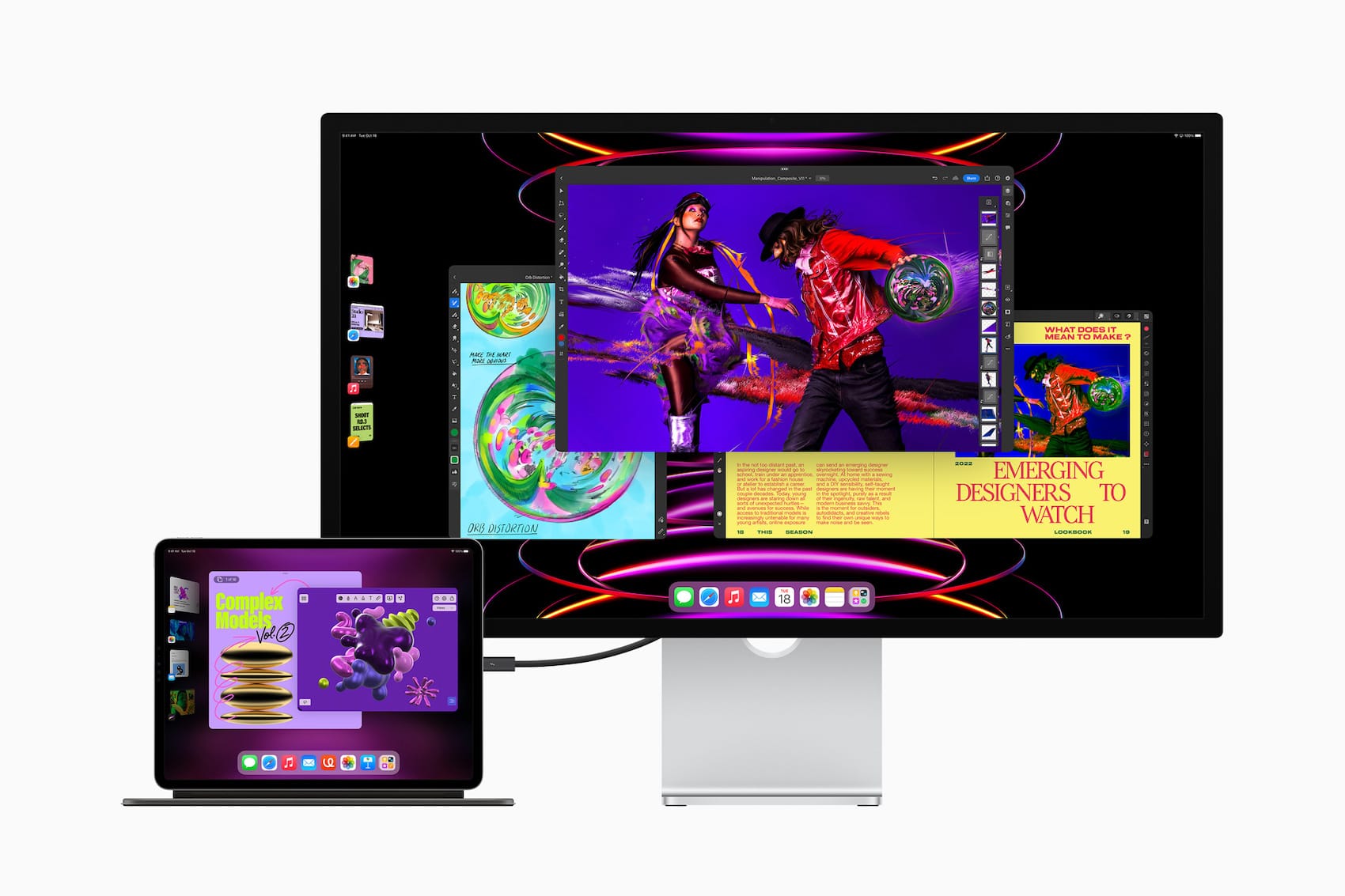
macOS Ventura is out
On Monday, October 24, the macOS Ventura operating system was released for all users. The successor to the previous macOS Monterey brought a number of interesting novelties, such as new functions in Mail that are practically identical to those introduced by Mail in iOS 16. The Safari web browser also received new functions in the form of shared groups of panels, push notifications from websites or perhaps extension synchronization. and with macOS Ventura, new features such as Passkeys also came. a shared iCloud photo library and new options within Continuity. Complete list of news You can find here.
The approaching end of Lightning ports
The imminent death of Lighting technology has been talked about for quite some time in connection with the regulations of the European Union. Willy-nilly, even Apple must adapt to the aforementioned regulation with its devices, which was officially confirmed by vice president of global marketing Greg Joswiak in an interview with The Wall Street Journal last week. Apple is not in the habit of revealing specific details or dates regarding unreleased products, and this case was no exception. However, it is assumed that the introduction of USB-C ports could already happen in the next iPhones, which is also agreed by some well-known analysts and leakers. Later, for understandable reasons, Lightning ports will also be removed from other Apple devices that still use this technology.
It could be interest you
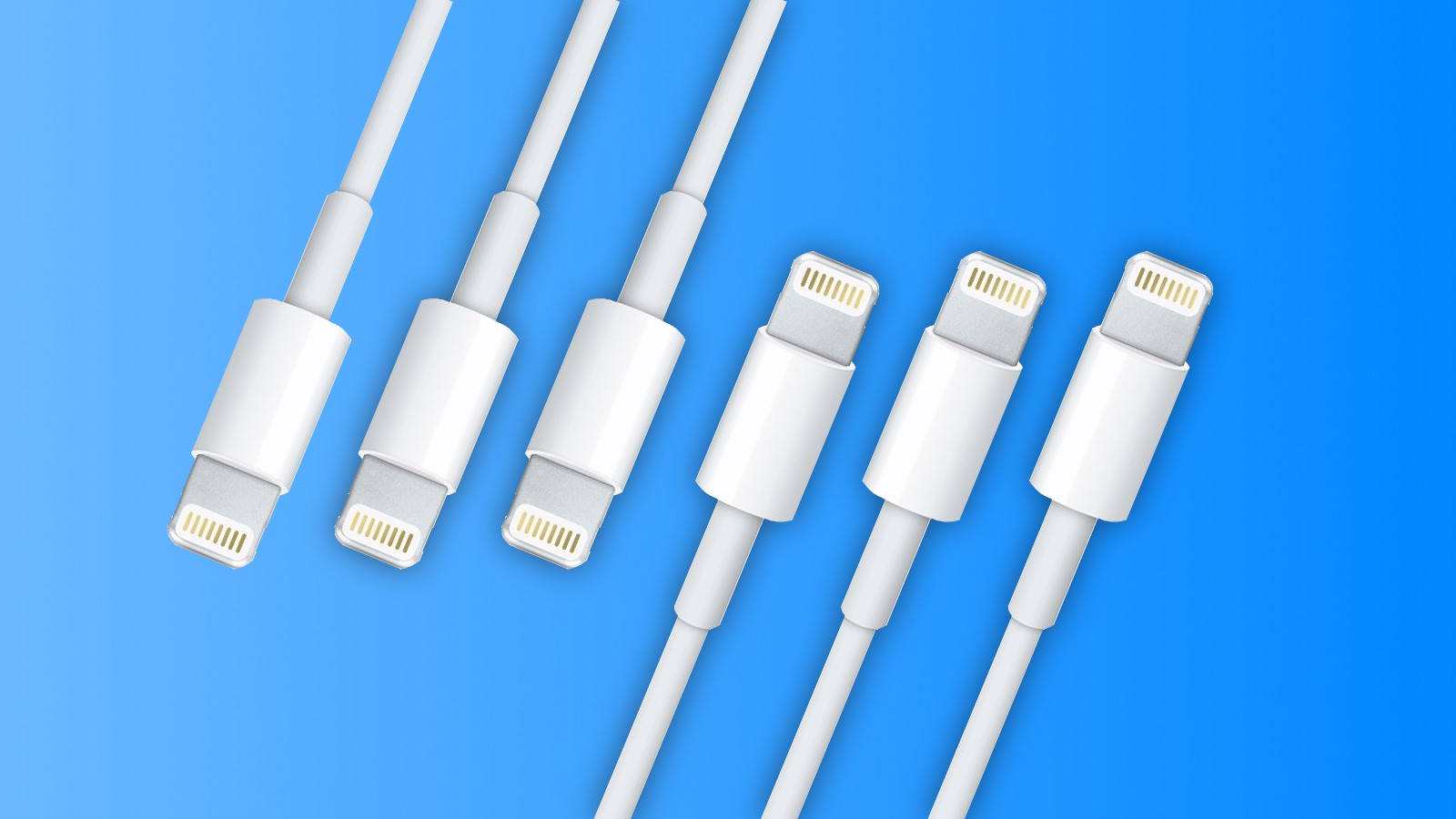
Degraded performance of iPhones running iOS 16.1
In addition to macOS Ventura, a new version of the iOS 16 operating system, namely iOS 16.1, also saw the light of day. New versions of operating systems sometimes, in addition to news and improvements, also bring inconveniences in the form of slowing down or deteriorating the performance of some smartphones. This is not the case with iOS 16.1 either. After the update, it causes performance degradation in the iPhone 8, iPhone SE 2nd generation, iPhone 11, iPhone 12 and iPhone 13. It was these models that were tested by the operators of the YouTube channel iAppleBytes, using the Geekbench 4 tool. The only tested model, which, on the other hand, saw a very slight improvement in performance after switching to iOS 16.1, was the iPhone XR.
